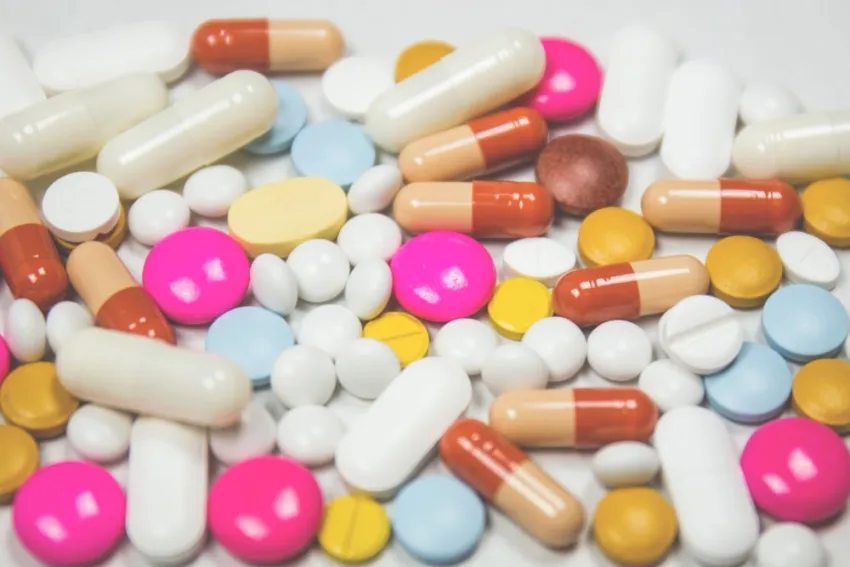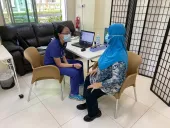
Incentives to boost India's local raw pharma materials output
The country is looking to ease its dependency on China for raw material imports.
India’s government has approved a production-linked incentive (PLI) scheme targeting India’s pharma sector for enhancing drug manufacturing capabilities and expanding exports, which will help boost local output of key raw pharma materials in India, according to Fitch Solutions.
The objective of the scheme is to enhance the country’s manufacturing capabilities by ramping up investment and production in the sector and contributing to product diversification to high-value goods in the pharmaceutical sector.
“India aims to attract greater investments from global and domestic players in its pharmaceuticals sector, which is mostly known for its low-value generic drugs production,” the report stated.
Another objective of the scheme is to create global champions out of India who have the potential to grow in size and scale using cutting-edge technology and thereby penetrate the global value chains, the statement said.
In addition, after the experience of the pandemic, India is keen to secure its drugs market from external shocks, lessen import dependencies, and continue support for the domestic production capabilities in active pharmaceutical ingredients (APIs), key starting materials (KSMs), and drug intermediates (DIs).
By far, a total of 19 companies have been approved as PLI beneficiaries for the promotion of domestic manufacturing of critical KSMs/DIs/APIs and have committed to investments worth $633.76m (INR46.23b).
According to official sources, commercial production will begin by 1 April 2023 and the PLI scheme will be carried over a period of six years, and the disbursal of production-linked incentives by the government will be up to a maximum of $667.62m (INR48.7b).
Fitch noted that pharmaceutical raw materials accounted for over half of pharma imports in India in 2019, of which 70% were from China largely because of lower costs. For some drugs, such as paracetamol and ibuprofen, the dependence on China is almost 100%.
India’s imports of pharmaceutical products from China, rose to $150m (INR11.5b) in 2019-2020 from $120m (INR9.4b) in 2015-2016, a cumulative growth of 28%, according to data from the commerce ministry. Including APIs, chemicals and key starting materials, India’s imports from China are estimated to be about $2b (INR152.5b) a year.
“Therefore, this overdependence poses a major risk of severe drug shortage and has a direct bearing on the drug security of the country,” the report stated.
However, reducing dependence on China will be a challenge. Fitch noted that any decoupling from China must be strategic and with significant policy support. Furthermore, it will take time for a paced indigenisation.
“Nevertheless, developing domestic capabilities in the medium to long term and reducing dependence on China would be strategically prudent,” the report added.













 Advertise
Advertise













